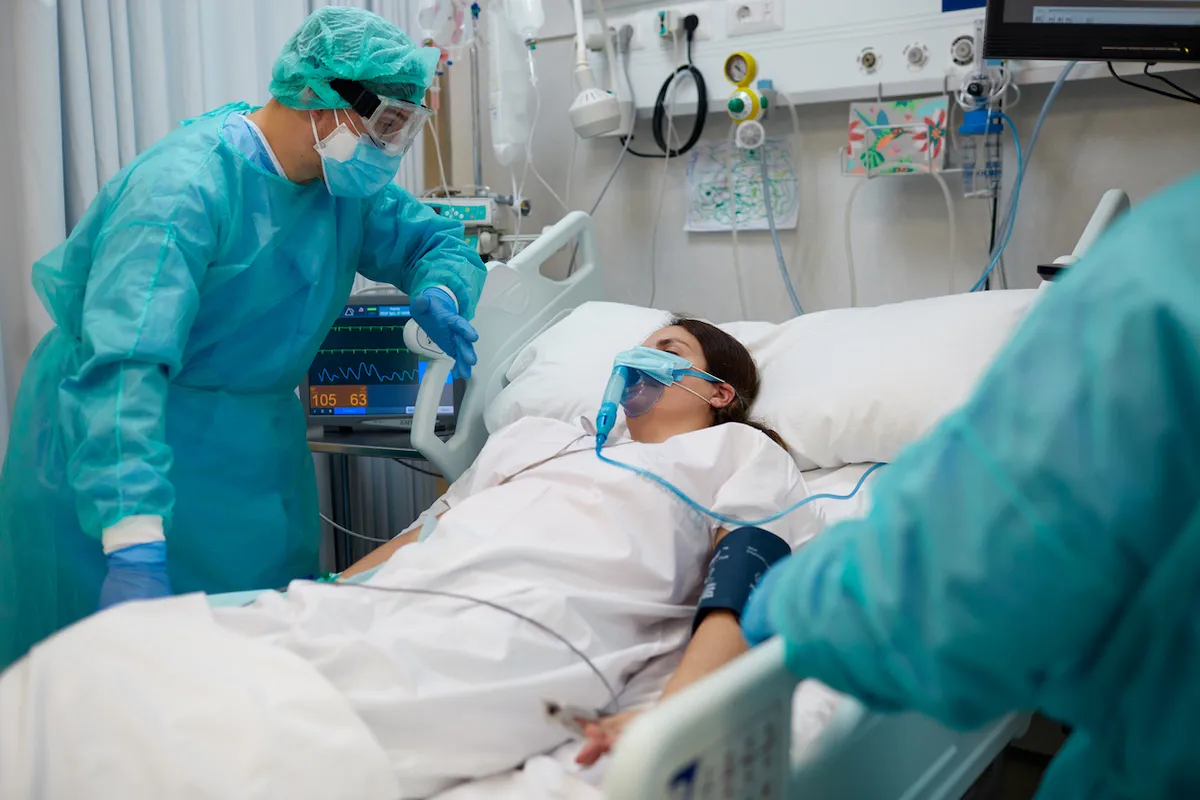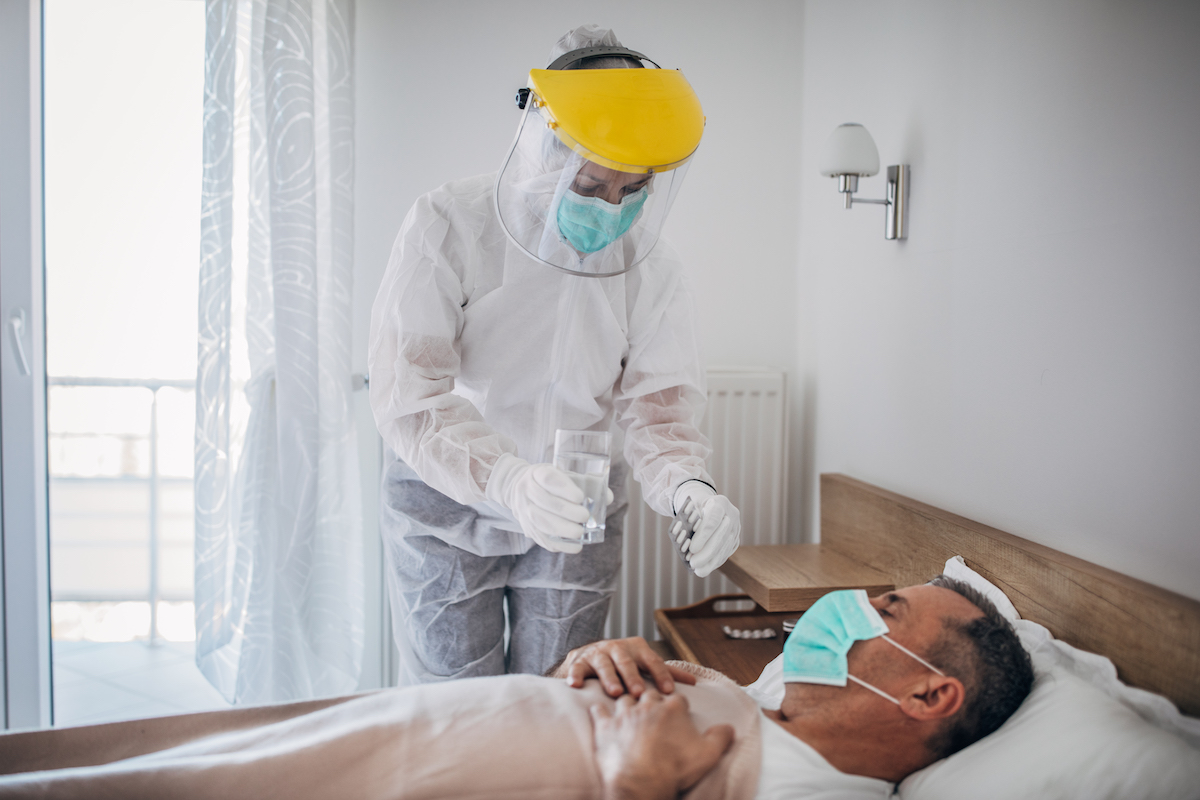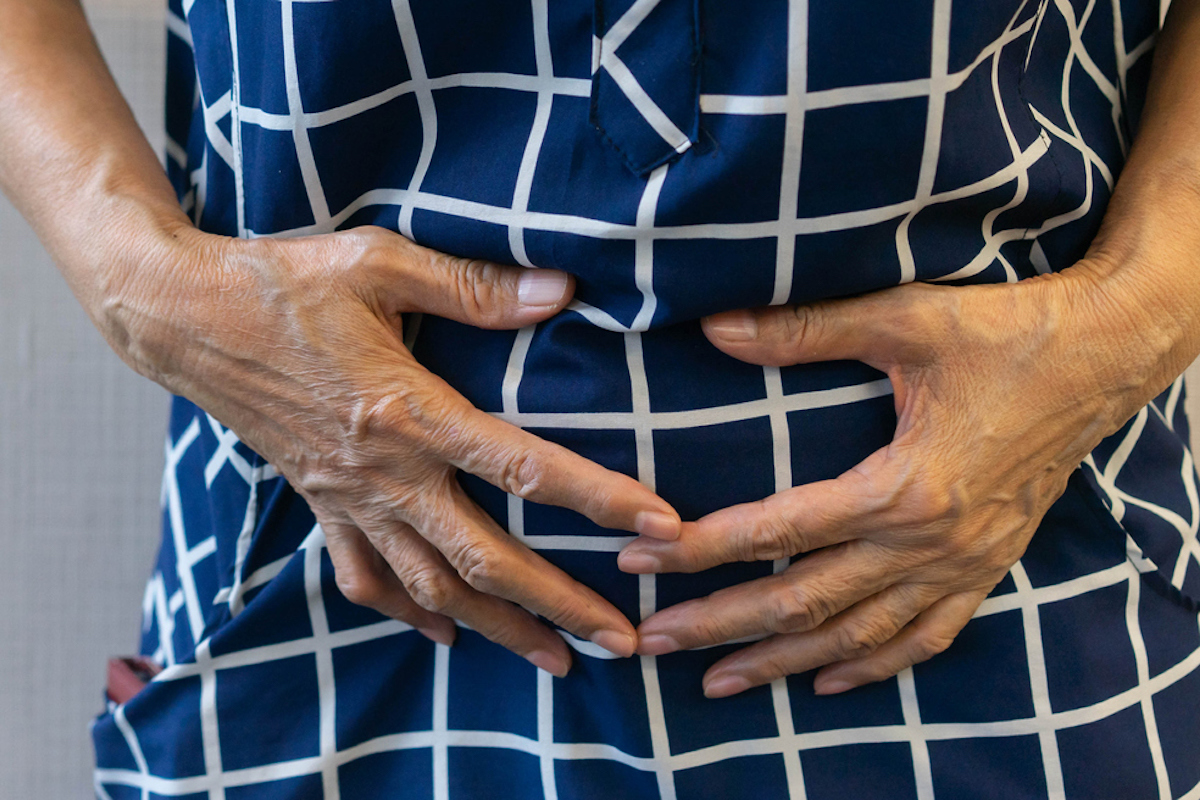Read the original article on Best Life. The paper was published on Jan. 11 in the journal Gut, based on research led by Professor Siew Ng of The Chinese University of Hong Kong. Her team of researchers found that gut microorganisms in patients suffering from COVID-19 were markedly different from those who remained uninfected. Gut bacteria (or “microbiome”) plays a significant role in your overall health. The gut is home to more than 1,000 species of bacteria, which have different jobs and effects–from digesting food to worsening obesity. Everyone’s gut composition is different, but there are certain common kinds of bacteria that everyone would expect to have. To test the link between gut health and COVID, the Hong Kong researchers took blood and stool samples from 100 patients who had tested positive for COVID-19 in two hospitals in Hong Kong between February and May 2020 and compared them with 78 samples from patients who had been tested before the pandemic started. Patients with COVID were found to have higher numbers of certain bacteria, including Ruminococcus gnavus, Ruminococcus torques, and Bacteroides dorei. They also had far lower levels of Bifidobacterium adolescentis, Faecalibacterium prausnitzii, and Eubacterium rectale, bacteria known to modify the immune system. The former two bacteria were particularly associated with infection severity. “In light of reports that a subset of recovered patients with COVID-19 experience persistent symptoms, such as fatigue, dyspnoea [breathlessness] and joint pains, some over 80 days after [the] initial onset of symptoms, we posit that the dysbiotic gut microbiome could contribute to immune-related health problems post-COVID-19,” write the authors. And for more on the long-lasting COVID effects, check out If You Have These 5 Symptoms, You’re at Risk of Long COVID. As a result of the effect they have on the gut biome, the researchers caution against the overuse of antibiotics in recovering COVID patients. “These findings indicated that antibiotics are unlikely to be associated with improved patient outcomes assuming no bacterial coinfections but in contrast could exacerbate and prolong gut microbiota dysbiosis in patients with COVID-19,” the researchers conclude. And for another COVID development, check out If You Notice This in Your Mouth, You Could Have COVID, Experts Warn. On the other hand, the researchers note that probiotics—live microorganisms that improve or restore the gut flora—could help COVID-19 patients. “Bolstering of beneficial gut species depleted in COVID-19 could serve as a novel avenue to mitigate severe disease, underscoring the importance of managing patients’ gut microbiota during and after COVID-19,” the researchers write. And for more regular COVID updates, sign up for our daily newsletter.ae0fcc31ae342fd3a1346ebb1f342fcb A recent article for Team USA by Kirsten Ziesmer, RD, an expert in sports nutrition, stressed having good gut bacteria as a key part of overall immune defense. “There’s no one magic food, but you can start improving immunity by having a healthy gut microbiome,” Ziesmer says. “About 70 percent of your immune system is found in your digestive tract. We want to populate our gut with good bacteria, which comes from fermented foods.” She suggested probiotic-rich foods including sauerkraut, kimchi, kombucha, and kefir. “Eating those foods will raise the level of healthy bacteria in your stomach, which will boost your immune system,” she says. And for more on ways to stay safe, check out Doing This to Your Mask Could Keep You Even Safer From COVID, Experts Say,



